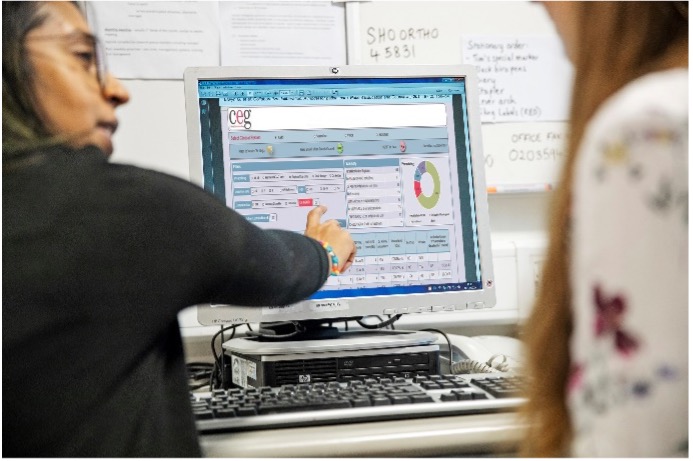Feedback about your experience as a Queen Mary researcher!
 Queen Mary University of London runs the Culture Employment and Development in Academic Research Survey (CEDARS) biennially (in odd years).
Queen Mary University of London runs the Culture Employment and Development in Academic Research Survey (CEDARS) biennially (in odd years).
CEDARS is a national survey that explores areas such as research culture, employment conditions, professional development, and career aspirations. It provides insights to help institutions improve support for researchers and align with frameworks like the Concordat to Support the Career Development of Researchers.
CEDARS 2025 is extended until April 10
- Research staff, postdocs and fellows who have not yet undertaken an academic research leadership role. This group also includes technical and support research staff, as well as staff who are primarily employed as teaching staff, but are research-active in addition to those duties.
- Research-active Academic staff (lecturers, senior lecturers, readers, and professors) who lead research, either individually or as part of a research group, those who manage research staff and or supervise postgraduate students.
Input from CEDARS provides long lasting benefit to staff and institutions by:
- informing and feeding back on policy and practice in researchers' employment, management and career development
- informing content and programming of the annual Postdoc Congress
- survey results are reported to faculty research culture groups so that they may feed into Concordat action planning process
- providing sector benchmarking
- enabling the measurement of progress over time
- giving insight into the views and experiences of research leaders across topics, including leadership, management and recognition
- collecting evidence to support institutional or departmental efforts, such as for the European HR Excellence in Research Award, implementation of the Concordat to Support the Career Development of Researchers, and Charters such as Athena SWAN and the Race Equality Charter
- giving insight into the people, culture, and environment element of the Research Excellence Framework.
Survey closes 23:55 UTC on Thursday April 10rd 2025. Remember to submit your responses before then.


